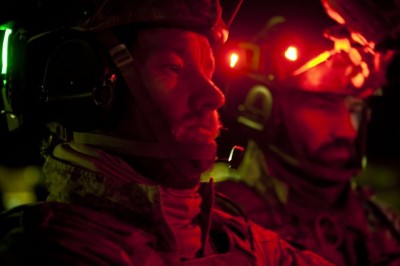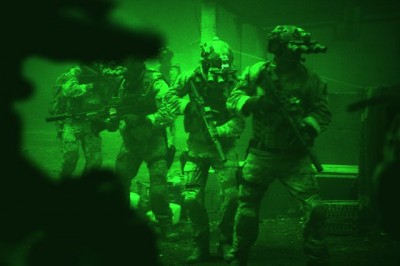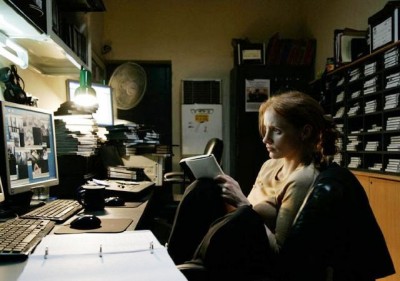
At least once a year we get a “free pass movie”—a movie that isn’t remarkable in itself, but which gets a free pass in the praise department because of the importance of its topic. This year it’s Zero Dark Thirty. Don’t get me wrong. Zero Dark Thirty isn’t a bad movie, but apart from being painfully overlong and about killing Osama bin Laden, I’m hard-pressed to find anything all that noteworthy about it. I guess I’d call it efficient—which is how I’ve felt about all of Kathryn Bigelow’s movies. I would not call it inspired, groundbreaking, brilliant, innovative—or even particularly effective as drama. That last is apparently deliberate, since the film wants to be taken as reportage—as journalism rather than fact-based drama. It had a better shot at that claim before the C.I.A. called the filmmakers onto the carpet for embellishing the facts—at which point said filmmakers starting calling the movie a fact-based dramatization and easing up on the “journalism” claims. Whatever the intent, the film is a dramatization. It simply isn’t all that dramatic—in part because we know the outcome, but more because of the film’s efforts to be reportage and offer no point of view of its own.

What Zero Dark Thirty ultimately resembles is a procedural TV show with everything that implies. It has a shrewd structure that carefully doles out its “big moments” in such a way as to keep the viewer from becoming bored by the drudge of the procedures, the office politics and the almost complete lack of characterization. Again, this seems to be deliberate. The characters have no stories and no function outside of the pursuit of Osama bin Laden. Jessica Chastain’s Maya — the central figure in the film — has no life beyond this and seemingly no emotions to speak of either (much like the film itself in its devotion to supposed objectivity). The idea is to take no political stance, which in itself comes across as a stance. Plus, it tends to make proceedings so pragmatic that they are sometimes troubling, especially in the matter-of-fact presentation of the depiction of “enhanced interrogation techniques” (the political euphemism for torture). The stated intent was “not to judge” (according to Bigelow), but by not judging the film seems to normalize these things as “business as usual.” This is even more the case when there are post-Abu Ghraib changes in policy and her comrade in arms (Jason Clarke, Lawless) advises Maya, “You don’t want to be the last person found with a dog collar in your hand.” It’s up to you how you feel about this.

I also have some questions about the idea of the journalistic/quasi-documentary approach in a film where high-profile actors — like Mark Strong and James Gandolfini — pop up with distracting regularity. It’s the sort of thing that makes the whole film feel exactly like …well, a movie. But having said all that, I’m not calling Zero Dark Thirty a bad movie. Whatever my reservations, it does what it sets out to do as a fact-based record of the 10 year hunt for Osama bin Laden. Personally, it either left me as detached and uninvolved as the film itself, or it troubled me in its approach to the more volatile material. I felt no greater sense of the events than I was left with by the news footage and newspaper accounts. You may feel differently. I’d suggest you see for yourself.Rated R for strong violence including brutal disturbing images, and for language.Rated R for strong violence including brutal disturbing images, and for language.




Unless you’re taking out your aggression over another needlessly over-long movie with a needlessly over-long review, you’ll want to edit the opening paragraph.
And since I didn’t use italics code for the above post, it would appear that this whole page suffers from various glitches.
I am here to tell you it’s suffering from various glitches. At one point today, the review suddenly grew about twice its actual size. I had, in fact, edited out large chunks of repeated text, so I knew the thing was — what we call in technical parlance — fucked up. I have now taken to just dropping my original text back in to replace the edited first paragraph. If it does it again, I say we punish the webmaster.
The first 3/4 of the screenplay felt structurally more like something from The Wire than Homeland.
It was a nice surprise to see the guy that played Carlos have a pretty big role.
The one or two times the film started getting any amount of momentum going another title card jumped in all documentary-style, breaking the spell. And I use the word “spell” very liberally here.
It all feels like a TV show — and, yes, I do mean that as a Bad Thing.